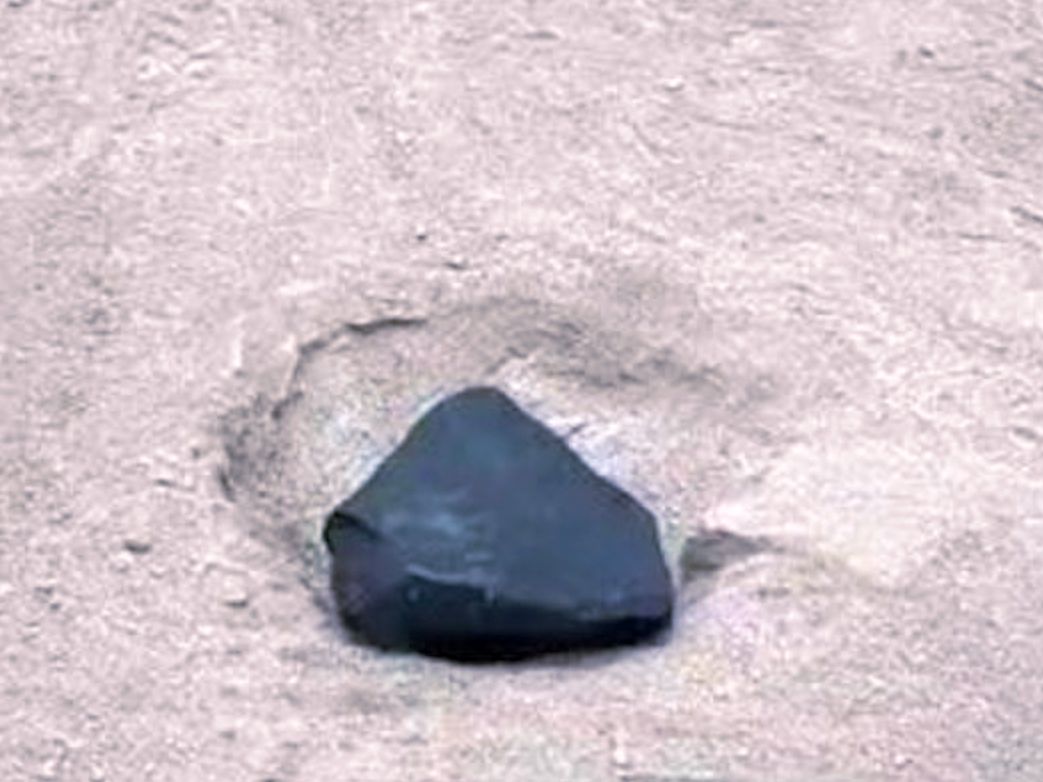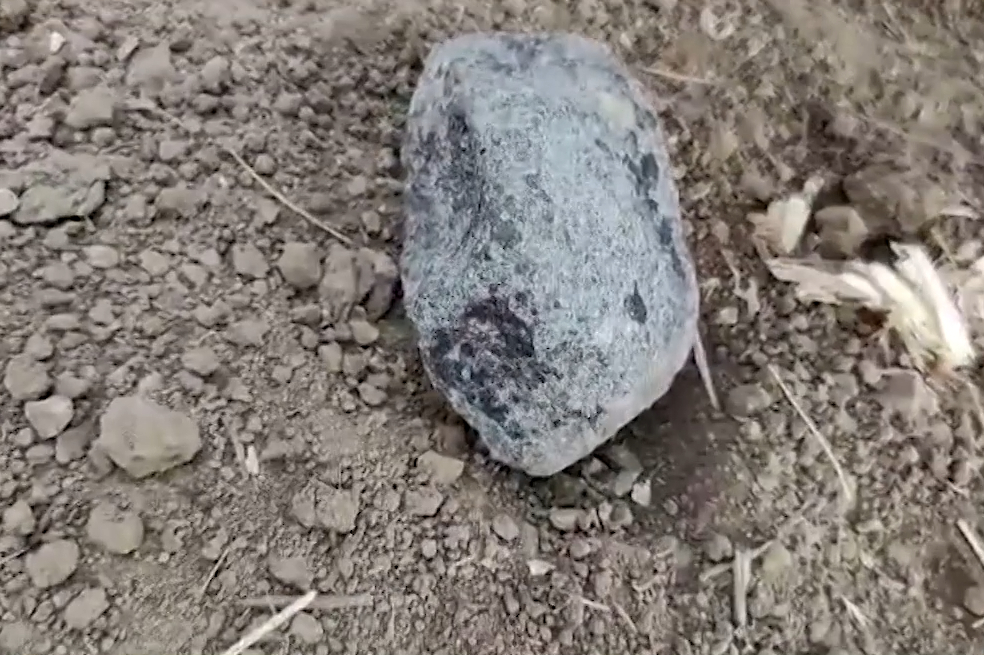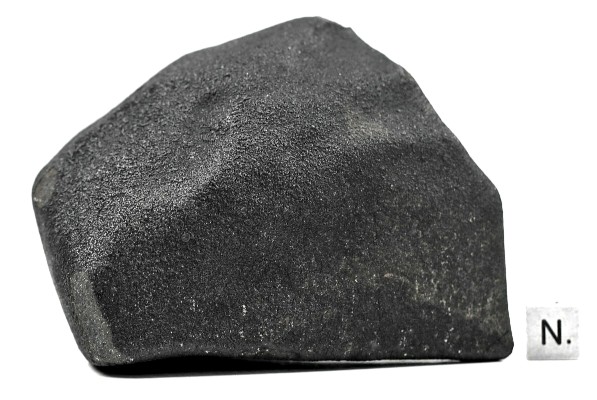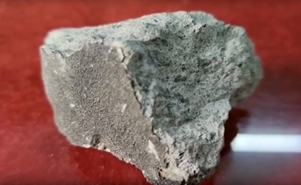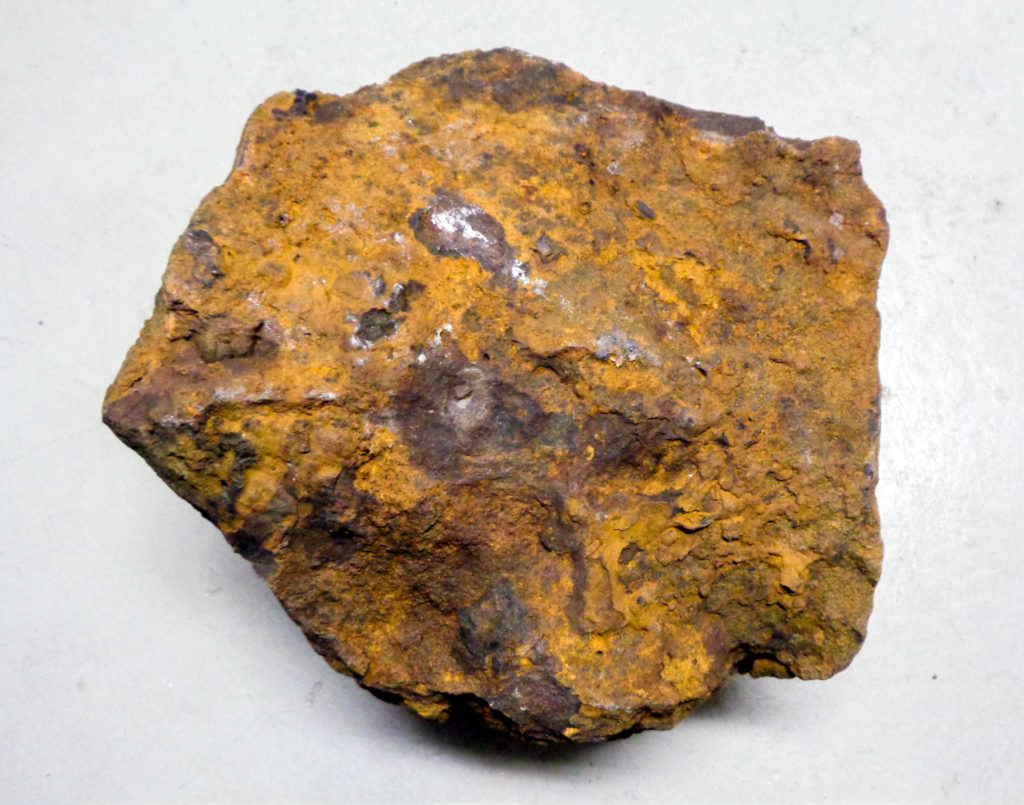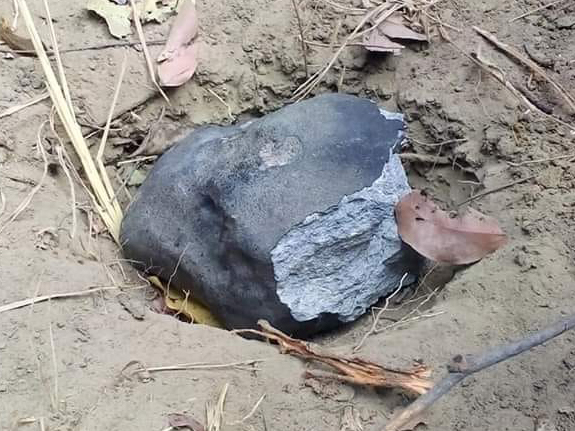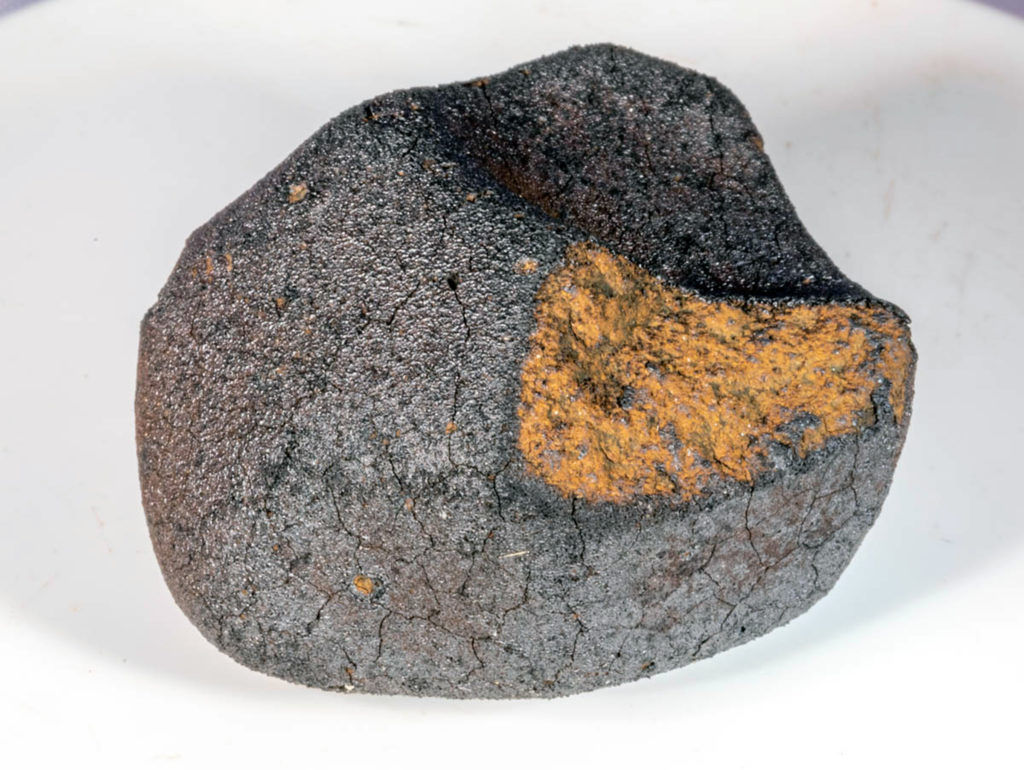The Red Edge Problem in asteroid band parameter analysis.
Lindsay, S. S., Dunn, T. L., Emery, J. P. and Bowles, N. E.
Meteoritics & Planetary Science. doi: 10.1111/maps.12611
“Near-infrared reflectance spectra of S-type asteroids contain two absorptions at 1 and 2 μm (band I and II) that are diagnostic of mineralogy. A parameterization of these two bands is frequently employed to determine the mineralogy of S(IV) asteroids through the use of ordinary chondrite calibration equations that link the mineralogy to band parameters. The most widely used calibration study uses a Band II terminal wavelength point (red edge) at 2.50 μm. However, due to the limitations of the NIR detectors on prominent telescopes used in asteroid research, spectral data for asteroids are typically only reliable out to 2.45 μm. We refer to this discrepancy as “The Red Edge Problem.” In this report, we evaluate the associated errors for measured band area ratios (BAR = Area BII/BI) and calculated relative abundance measurements. We find that the Red Edge Problem is often not the dominant source of error for the observationally limited red edge set at 2.45 μm, but it frequently is for a red edge set at 2.40 μm. The error, however, is one sided and therefore systematic. As such, we provide equations to adjust measured BARs to values with a different red edge definition. We also provide new ol/(ol+px) calibration equations for red edges set at 2.40 and 2.45 μm.”

